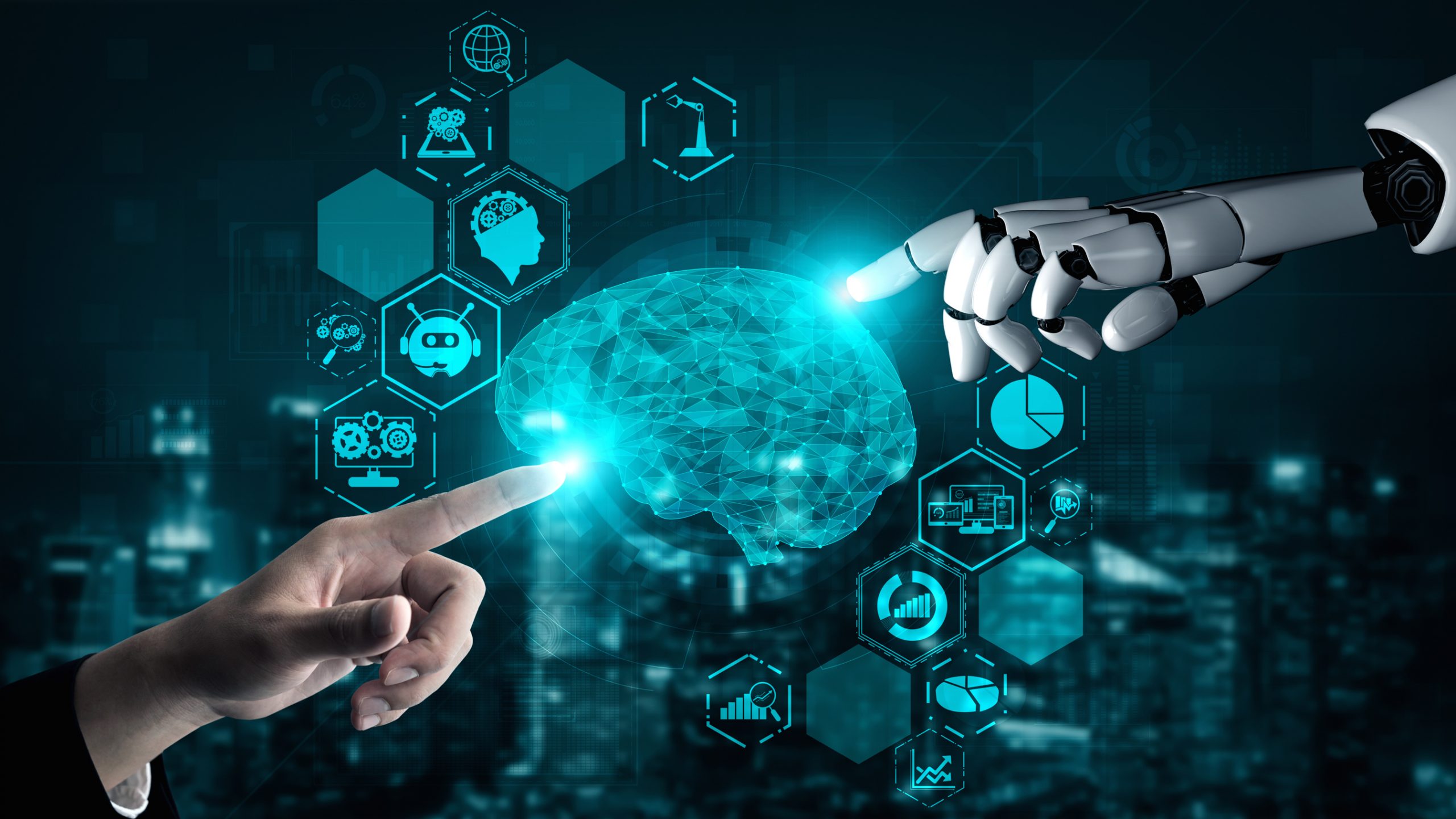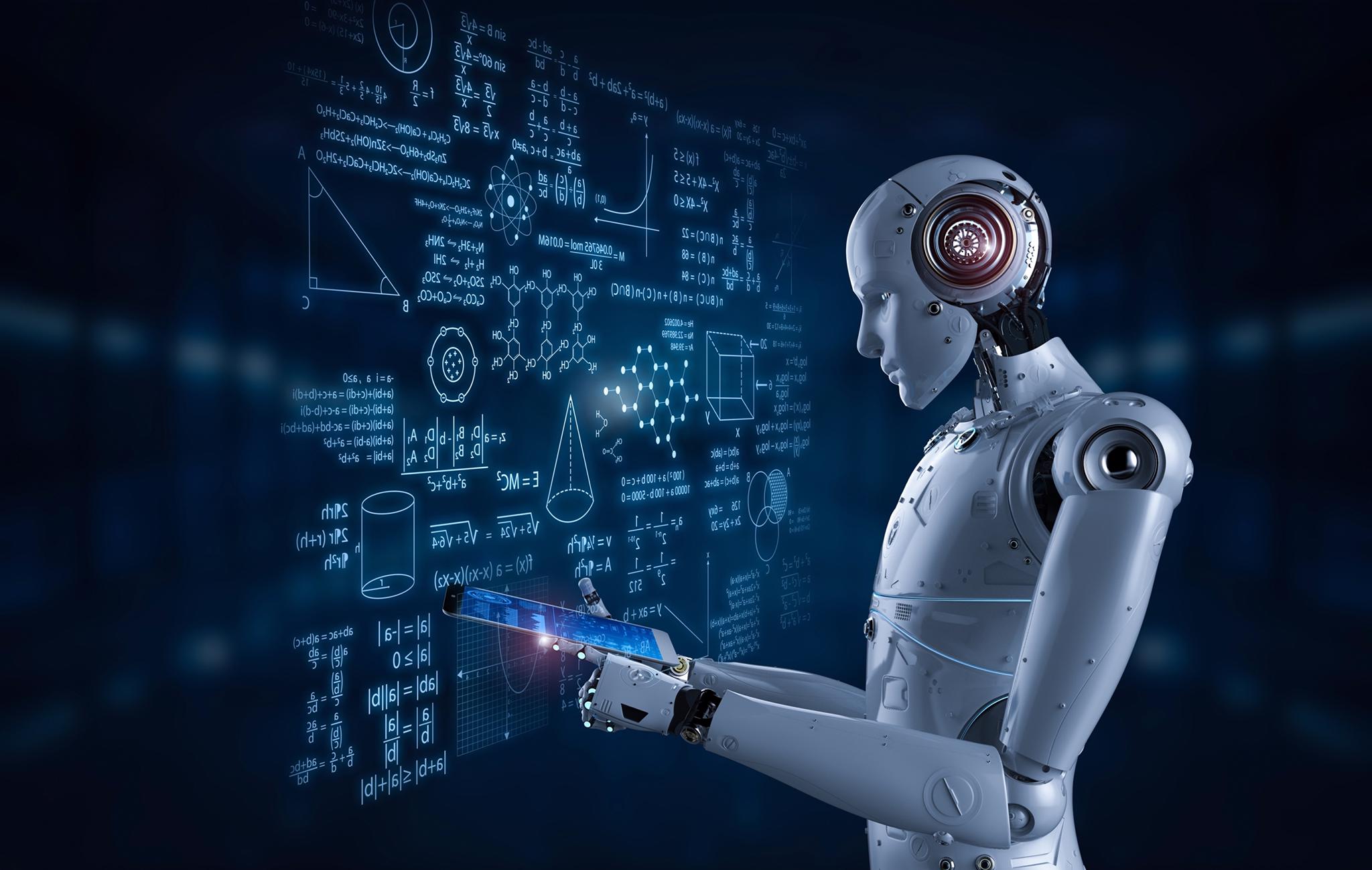Artificial Intelligence
ARTIFICIAL INTELLIGENCE
INTRODUCTION
The term is frequently applied to the project of developing systems endowed with the intellectual processes characteristic of humans, such as the ability to reason,
discover meaning, generalize, or learn from past experience. Since the development of the digital computer in the 1940s, it has been demonstrated that computers can be programmed to carry out very complex tasks—such as discovering proofs for mathematical theorems or playing chess—with great proficiency. Still, despite continuing advances in computer processing speed and memory capacity, there are as yet no programs that can match full human flexibility over wider domains or in tasks requiring much everyday knowledge.
discover meaning, generalize, or learn from past experience. Since the development of the digital computer in the 1940s, it has been demonstrated that computers can be programmed to carry out very complex tasks—such as discovering proofs for mathematical theorems or playing chess—with great proficiency. Still, despite continuing advances in computer processing speed and memory capacity, there are as yet no programs that can match full human flexibility over wider domains or in tasks requiring much everyday knowledge.
BODY
1. Reactive machines
2. Limited energy
3. Theory of mind
4. Self Awareness
Artificial Intelligence is very useful for human beings if used properly. If not, it can even harm us. We should not treat Artificial Intelligence robots badly and carelessly because they can even think like us and do something to take revenge. It is said that if not used properly Artificial Intelligence can take us out of the world. So, we should not use it carelessly and badly.
So, Artificial Intelligence (AI) has integral part of our lives and it is even very difficult for us to spend even a day without AI. But we should be mindful while using AI in our daily lives to live a happy and healthy life.



Comments
Post a Comment